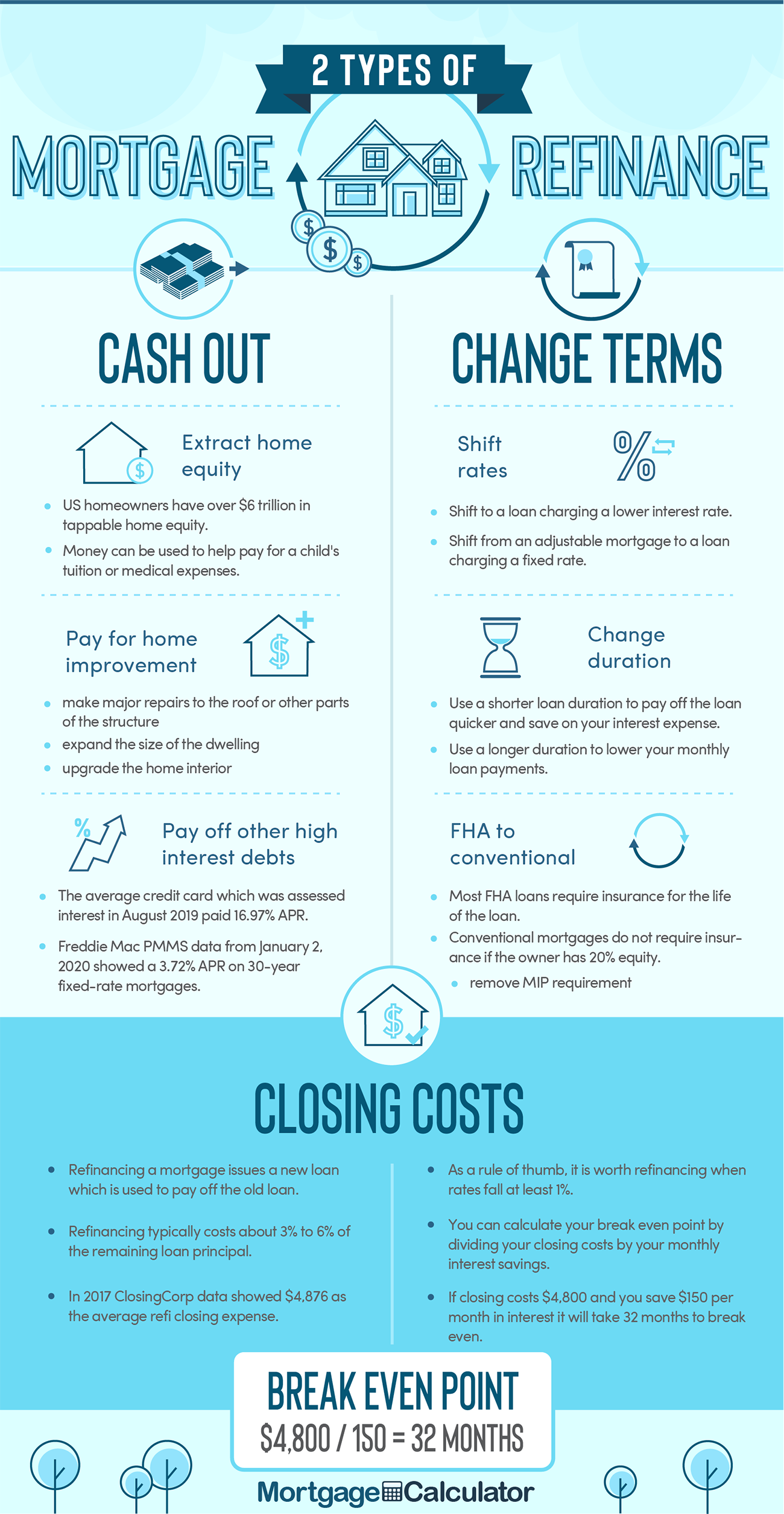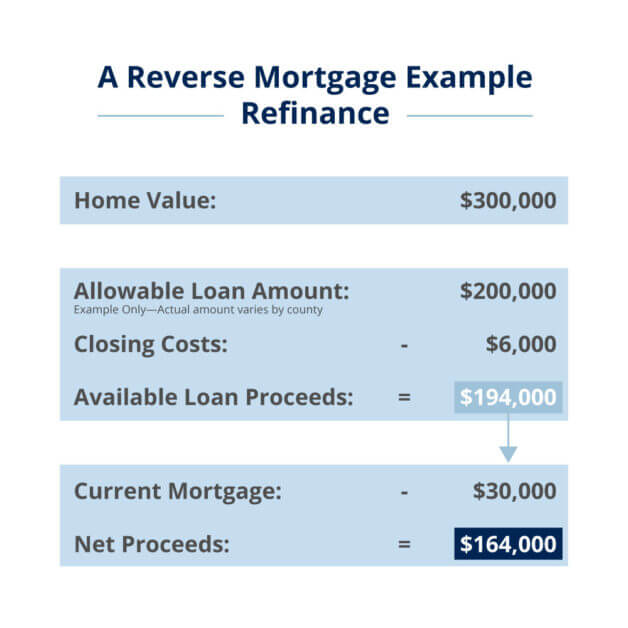Mortgage payments are structured so that interest is paid off earlier, with the bulk of home mortgage payments in the very first half of your home mortgage term going towards interest. As the loan amortizes, a growing number of of the mortgage payment approaches the principal and less toward its interest. Continue reading: Prior to you even request a home mortgage, you need to get preapproved. As soon as you sign, these become what you have to pay. With a fixed-rate home mortgage, your rates of interest remains the same throughout the life of the home loan. (Home loans typically last for 15 or 30 years, and payments must be made monthly.) While this means that your interest rate can never ever go Home page up, it likewise indicates that it could be higher usually than a variable-rate mortgage in time.
However, you normally get a particular number of years at the beginning of the loan period during which the interest rate is fixed. For instance, if you have a 7/1 ARM, you get 7 years at the fixed rate after which the rate can be changed once per year. This implies your month-to-month home mortgage payment might go up or down to account for modifications to the interest rate.
If you're 62 or older and desire money to settle your home loan, supplement your earnings, or pay for health care expenditures you may consider a reverse home loan. It enables you to transform part of the equity in your house into money without needing to sell your home or pay extra monthly bills.
A reverse home mortgage can consume the equity in your home, which means less possessions for you and your beneficiaries. If you do choose to look for one, evaluate the different kinds of reverse home loans, and contrast shop prior to you pick a specific company - how do canadian mortgages work. Continue reading to get more information about how reverse home mortgages work, certifying for a reverse mortgage, getting the very best offer for you, and how to report any scams you may see.
The 7-Minute Rule for How Does Chapter 13 Work With Mortgages
In a home mortgage, you get a loan in which the lender pays you. Reverse mortgages participate of the equity in your home and transform it into payments to you a kind of advance payment on your home equity. The money you get normally is tax-free. Typically, you do not have to repay the cash for as long as you live in your home.
Often that suggests selling the home to get money to pay back the loan. There are three type of reverse home loans: single purpose reverse mortgages offered by some state and regional government agencies, in addition to non-profits; proprietary reverse home mortgages personal loans; and federally-insured reverse home mortgages, likewise called Home Equity Conversion Home Mortgages (HECMs).

You keep the title to your house. Rather of paying month-to-month mortgage payments, though, you get an advance on part of your home equity (how do arm mortgages work). The cash you get generally is not taxable, and it usually will not impact your Social Security or Medicare benefits. When the last making it through debtor dies, sells the home, or no longer lives in the house as a principal residence, the loan has to be repaid.
Here are some things to consider about reverse mortgages:. Reverse home loan lenders usually charge an origination charge and other closing costs, along with servicing fees over the life of the home loan. Some likewise charge mortgage insurance coverage premiums (for federally-insured HECMs). As you get money through your reverse mortgage, interest is added onto the balance you owe every month.
Some Known Incorrect Statements About How Do Bad Credit Mortgages Work
Most reverse mortgages have variable rates, which are connected to a monetary index and modification with the market. Variable rate loans tend to give you more options on how you get your cash through the reverse home mortgage. Some reverse home loans mainly HECMs use repaired rates, but they tend to need you to take your loan as a swelling sum at closing.

Interest on reverse home mortgages is not deductible on income tax returns until the loan is paid off, either partly or completely. In a reverse home mortgage, you keep the title to your home. That implies you are responsible for real estate tax, insurance, energies, fuel, maintenance, and other costs. And, if you don't pay your residential or commercial property taxes, keep house owner's insurance, or keep your home, the loan provider might require you to repay your loan.
As an outcome, your lender may require a "set-aside" total up to pay your taxes and insurance during the loan. The "set-aside" lowers the quantity of funds you can get in payments. You are still accountable for preserving your house. With HECM loans, if you signed the loan paperwork and your spouse didn't, in particular situations, your partner may continue to reside in the house even after you pass away if she or he pays taxes and insurance, and continues to preserve the home.
Reverse home loans can use up the equity in your home, which indicates fewer possessions for you and your beneficiaries. Most reverse mortgages have something called a "non-recourse" stipulation. This means that you, or your estate, can't owe more than the value of your home when the loan becomes due and the house is sold.
4 Easy Facts About How Do Investor Mortgages Work Described
As you consider whether a reverse home loan is best for https://gumroad.com/gobnatnhzb/p/h1-style-clear-both-id-content-section-0-6-simple-techniques-for-when-did-30-year-mortgages-start-h1 you, likewise think about which of the three kinds of reverse home mortgage might best match your needs. are the least costly choice. They're provided by some state and regional federal Homepage government companies, along with non-profit companies, but they're not readily available all over.
For instance, the loan provider might say the loan may be used just to pay for home repairs, enhancements, or home taxes. The majority of property owners with low or moderate earnings can get approved for these loans. are private loans that are backed by the business that develop them. If you own a higher-valued house, you might get a larger loan advance from an exclusive reverse home mortgage.
are federally-insured reverse home mortgages and are backed by the U. S. Department of Real Estate and Urban Development (HUD). HECM loans can be used for any purpose. HECMs and exclusive reverse home loans may be more expensive than traditional mortgage, and the upfront costs can be high. That is essential to consider, especially if you prepare to remain in your house for simply a brief time or obtain a small amount.
In basic, the older you are, the more equity you have in your home, and the less you owe on it, the more cash you can get. Prior to getting a HECM, you need to consult with a counselor from an independent government-approved real estate therapy company. Some loan providers using proprietary reverse home mortgages likewise require therapy.